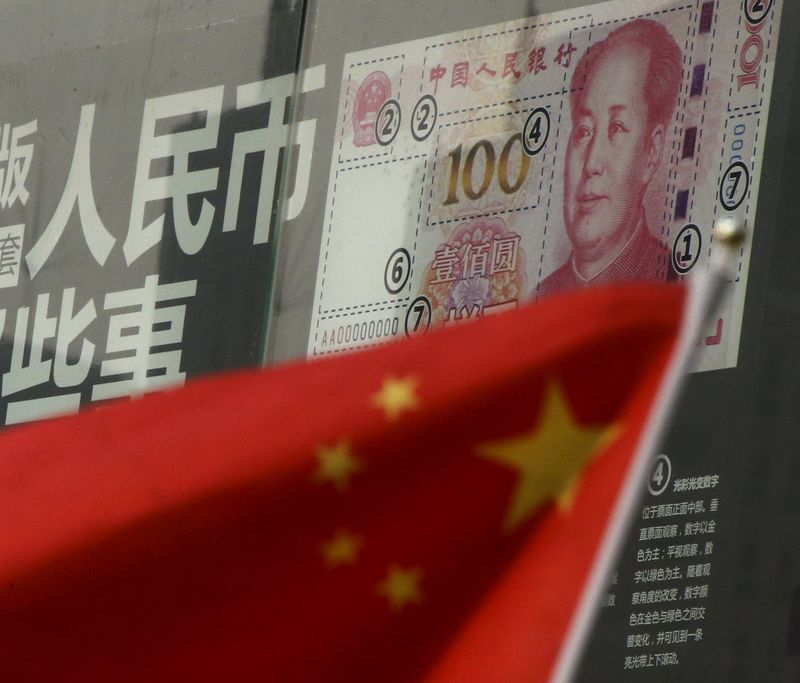Navitas stock soars as company advances 800V tech for NVIDIA AI platforms
Investing.com - Most Asian currencies were subdued on Monday, with the yen firming after Japan’s ruling coalition lost its majority in the upper house.
In a parliamentary election on Sunday, Prime Minister Shigeru Ishiba’s Liberal Democratic Party (LDP) and its Komeito coalition partner fell short of the 50-seat threshold needed to maintain majority control of the 248-seat upper chamber, securing just 47 seats.
“This outcome could increase uncertainty regarding the domestic political environment, which may affect the country’s tariff negotiations with the U.S. and its fiscal policy,” ING analysts wrote before the election results.
Despite the setback, Ishiba said he will remain in office, easing some investor concerns over potential fiscal policy instability.
The Japanese yen gained slightly, with the USD/JPY pair falling 0.6%.
The yen was also supported by renewed expectations of a Bank of Japan interest rate hike in the near term, as the trajectory of U.S. tariffs remained murky.
“Uncertainty over U.S. trade policy is a key factor in the BoJ’s rate hike decisions. We expect action only after tariff issues are resolved,” ING analysts added.
Trade negotiations in focus
The White House is reportedly holding a series of negotiations with key U.S. trading partners as an impending August 1 deadline for President Trump’s elevated "reciprocal" tariffs to take effect edges closer.
With the tariffs likely to be a central determining factor in the outlook for the wider operating environment over the rest of 2025, any developments will likely be scrutinized by investors.
One crucial unknown revolves around the fate of U.S. talks with the European Union, despite Commerce Secretary Howard Lutnick noting confidence in the prospect of a trade pact over the weekend.
The European bloc has been pushing for Washington to agree to maintain a baseline 10% duty, but U.S. officials told the EU’s trade chief last week that they expect Trump to demand more concessions, the Wall Street Journal reported. These would include a baseline tariff of 15% or higher, the paper added.
In response, Germany -- Europe’s biggest exporter and economic powerhouse -- has joined France in backing a more confrontational stance with the Trump administration, the WSJ said. The EU is even mulling fresh measures to hit back against U.S. companies that go beyond already outlined retaliatory levies on goods should a deal not be reached, according to the report.
Elsewhere, the European Central Bank is expected to unveil its next policy decision on July 24, with investors anticipating that it will leave its key deposit rate unchanged.
The euro strengthened against the dollar by 0.2% to $1.1645 by 06:05 ET.
By 05:57 ET (09:57 GMT), the U.S. dollar index, which tracks the greenback against a basket of its currency peers, had dipped by 0.3% to 98.23.
(Ayushman Ojha contributed reporting.)
